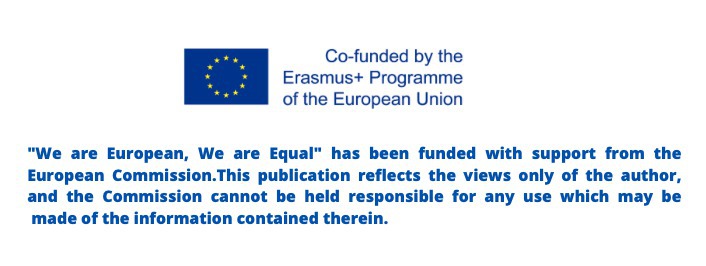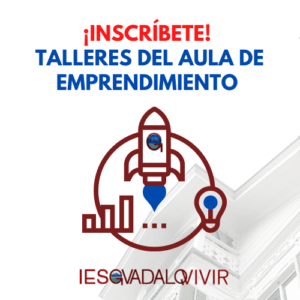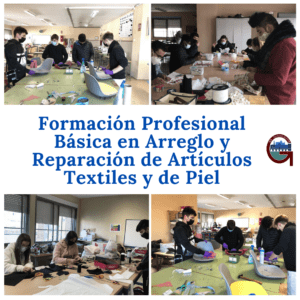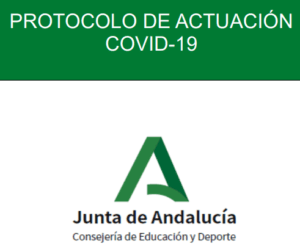Category Archives: European Development Plan
European Development Plan

EUROPEAN DEVELOPMENT PLAN
At IES Guadalquivir we are currently in a European Development Plan with the aim of combating Early School Leaving. We are a secondary school located in a disadvantaged area of Córdoba, Spain. Families face social exclusion in this area due to unemployment because of a lack of qualifications caused by Early School Leaving. Put simply, pupils simply do not finish compulsory education as families do not see education as a key to facilitate their children’s social inclusion.
Our European Development Plan started with an eTwinning project on promoting Social Inclusion and combating Early School Leaving. In 2017, the school started using the eTwinning platform to build a network with suitable European partner schools. In 2018 we were awarded funding for the Erasmus+ KA229 project “We are European, We are Equal.” This project has enabled staff and pupil mobilities to continue the development and integration of strategies, policies, and activities to combat Early School Leaving and promote Social Inclusion in all partner schools. With only 8% of pupils completing compulsory education at IES Guadalquivir, we believe that the inevitable result of ESL – social exclusion – is the central factor in this continuing cycle of underachievement.
Within this context, our European Development Plan is centred on mobility and cooperation and identifies the following three main needs:
- To combat Early School Leaving (ESL), we have identified the need for a “Whole School Approach.” Cohesive, collective, and collaborative action with all of those involved in the school community is essential. In line with the EU priority across EU Member States of reducing ESL to less than 10%, effective leadership and governance our priority in the strategic development of competences to ensure teachers are able to respond to the complex challenges that they face in combating ESL.
- The second need is the development of key competences in digitalisation. There needs to be continual development in the school of the competences and skills of both staff and pupils needed to address educational disadvantage and student disengagement. Despite the great success that we have had with eTwinning, due to a lack of resources, only a small proportion of teachers at IES Guadalquivir use digital platforms. The school needs to continue offering staff training and support to continue incorporating such tools in their teaching. This will also encourage and support the development of the digital skills of the pupils inside the classroom and also in everyday life.
- To promote social inclusion, we have identified the need to incorporate Climate Change into the school curriculum. Motivating and ensuring that each child has an equal chance to access, participate, and benefit from inclusive education and an inclusive experience in society secondary level education. In line with the new Digital Education Action Plan (2020-2027) objectives, we want to promote equity, social cohesion, active citizenship and sustainability in preparation for future life after compulsory education.
Having identified these three main needs in IES Guadalquivir, our goals with regards to European mobility and cooperation are:
- To meet the need of combating Early School Leaving, the primary goal is to adopt a holistic and collaborative “Whole School Approach” to combating ESL and promoting Social Inclusion.
- The second goal is to realise the school’s commitment towards investing in continuous professional development of the staff to develop competences in digitalization.
- Support the planned expansion of Climate Change as a key part of the curriculum of IES Guadalquivir within the planned time frame of 3 years.
In line with the needs and goals of our Erasmus+ projects, our expectations through professional mobility and European cooperation are:
1.A progressive improvement of ESL rate in the school
- Improvement in staff digital competences
- Increasing the knowledge and learning from the expertise of experienced peers in another European country.




